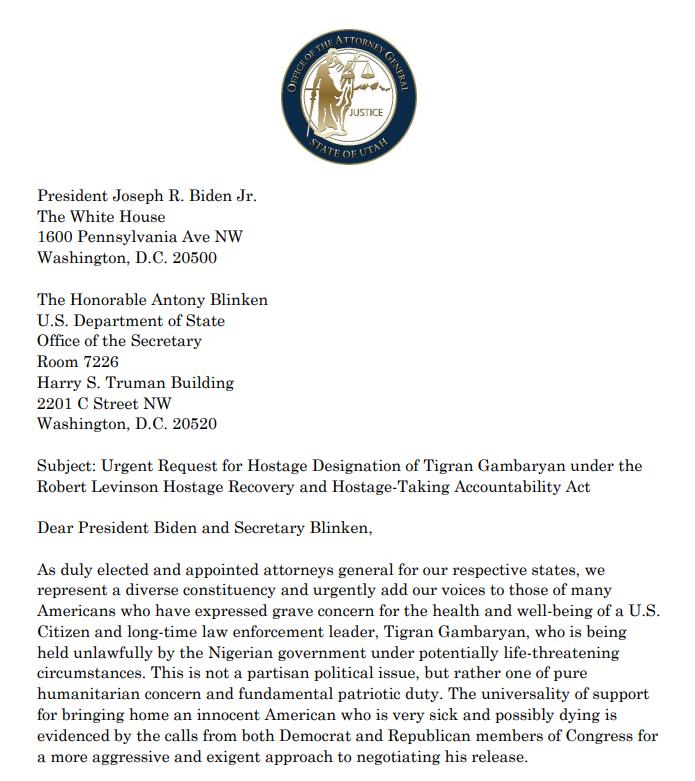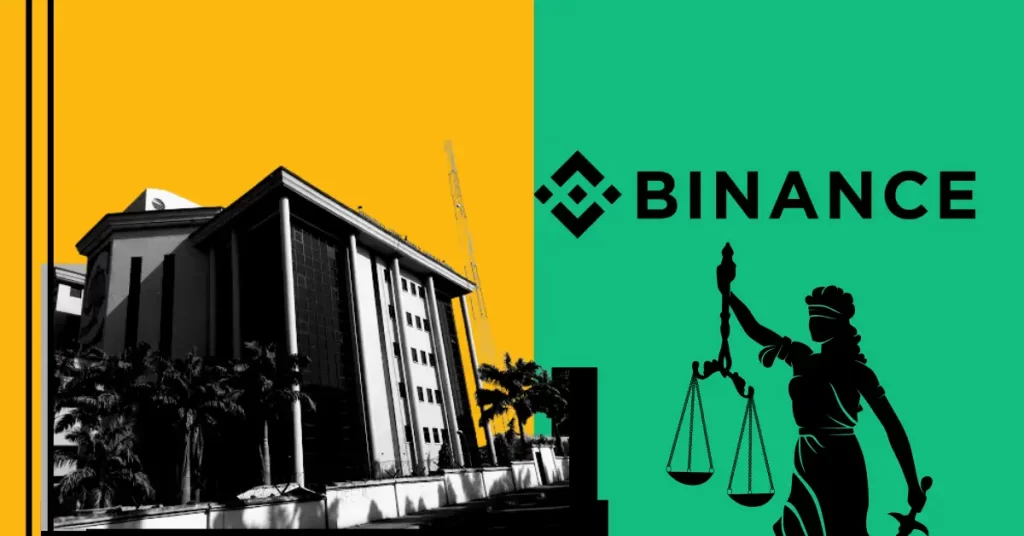Tigran Gambaryan, the head of Binance’s financial crime department, has been in Nigerian custody since February 2024. The visit, intended to allay concerns about Binance’s involvement in Nigeria’s economic problems, turned into something much more serious. Gambaryan was initially charged with tax evasion and money laundering, although the tax charges were later dropped. Now the African nation and Binance are pulling him into a tug-of-war, leaving his future uncertain.
Why Gambaryan’s detention is alarming
Gambaryan’s health has taken a dramatic turn since his detention. He contracted malaria, pneumonia and tonsillitis. In addition, he suffers from a hernia that requires surgery, an operation he was unable to undergo in prison. The director of Binance is in a wheelchair and has not received medical attention for months. His lawyers have filed multiple bail applications, citing his deteriorating condition, but Nigerian courts continue to reject them.
The situation has prompted U.S. attorneys general, led by Sean Reyes of Utah, to take action. They sent one letter to the chairman Joe Biden and Secretary of State Antony Blinken, urging them to classify Gambaryan as a hostage. The letter starkly compares his treatment to Otto Warmbier, the American student who tragically died after being detained in North Korea.
What’s really going on?
Gambaryan’s arrest comes amid allegations that Binance destabilized Nigeria’s local currency. While the Nigerian economy has been struggling for some time – largely due to corruption and poor management – officials have pointed fingers at Binance, looking for someone to blame. Gambaryan, along with another Binance executive, became a convenient target. But many, including US lawmakers and humanitarian groups, argue his detention is unjust. The accusations against him seem more like an excuse to use him as leverage against Binance.

His legal team, led by attorney Mark Mordi, fought tirelessly for his release. In September, the court postponed the decision on his bail and a new application was submitted, highlighting his urgent need for medical care. But so far all attempts have reached a dead end.
What to expect next
Gambaryan’s trial will continue on October 25, but his deteriorating health and lack of independent medical checks make it difficult to predict the outcome. The U.S. government has remained largely silent, but behind the scenes there are signs that quiet diplomatic efforts may be underway. As pressure mounts, both on Nigeria and the White House, all eyes are on how this case will develop.
The coming weeks could be crucial in deciding Gambaryan’s fate and whether the U.S. government will step up efforts to secure his release.

